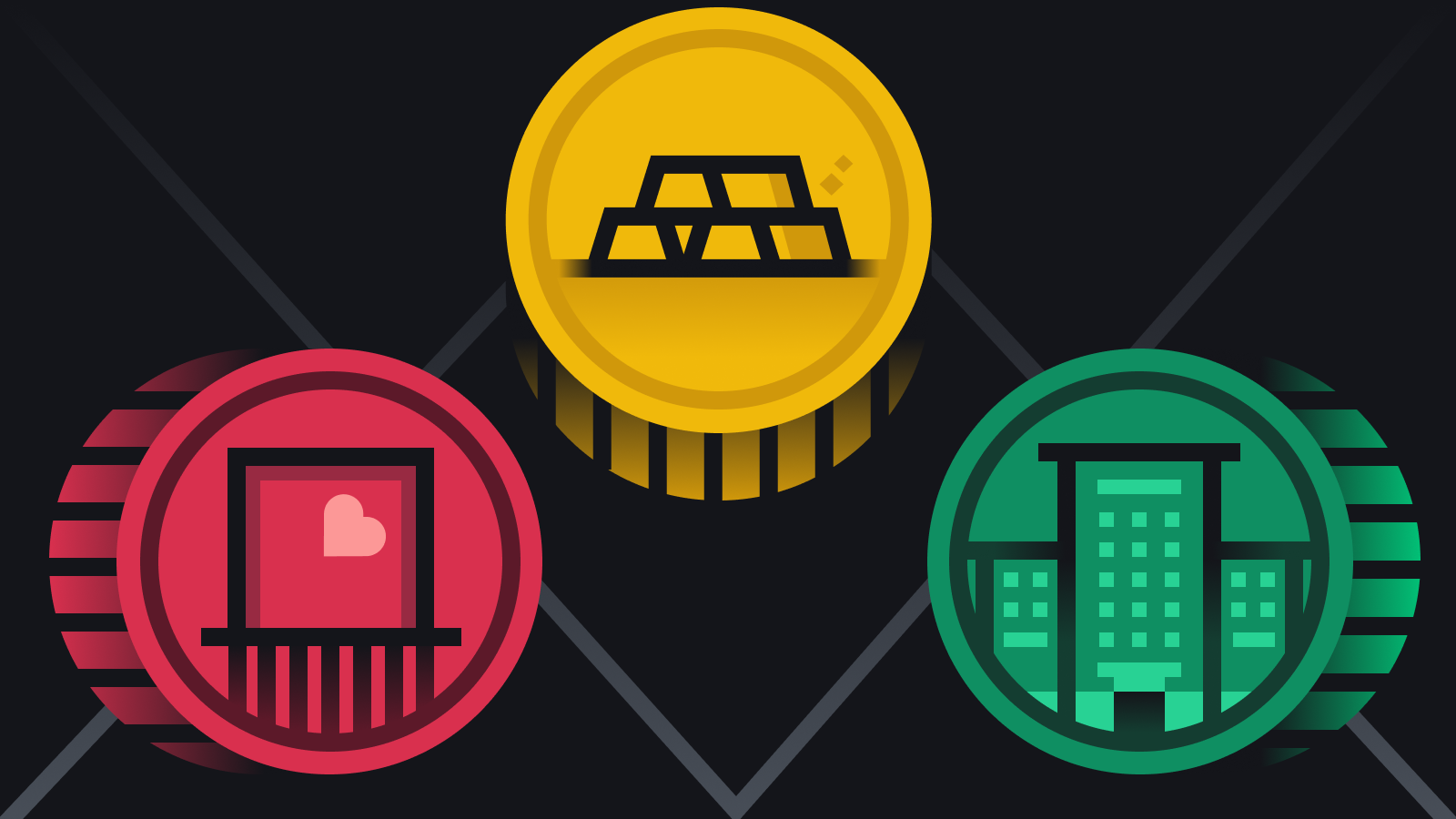Tokenized Real Estate as a Promising Collateral Type for Crypto-Lending

The digital transformation of the world economy keeps on reaching new heights every year. Having witnessed total computerized alternation of industry and being aware of the pros and cons of digital education in COVID-19 times, humanity has never been closer to reshaping the conventional reality, and real estate business is not an exception.
Despite the fact that some aspects of the real estate industry are highly improbable to be replaced by computers, we may still expatiate on the introduction of blockchain technologies to the industry. How is digitalization going to affect the real estate industry?
Tokenization of Real Estate

The introduction of smart contracts in blockchain services has brought real estate sellers an opportunity to tokenize their assets and trade them like any popular cryptocurrency. But what does real estate tokenization imply?
Tokenization is a way of exchanging fiat or cryptocurrency for so-called “tokens” by securitizing real assets, including real estate. Tokenizing requires splitting any asset into defined shares, which somehow represent an equal share of a particular underlying asset.
When it comes to real estate, things get much easier to comprehend – every part of a property may equal one token with a specified value. For instance, a cozy 50,000 sq ft villa on the West Coast near Malibu, which is worth $15M, can quickly turn into a liquid asset. Divide it into shares, supposing that one share equals one square foot, and here we are – one token represents one share of the property valued $300 each. By the way, the trick is neither new nor original. The first property sale using cryptocurrency took place in 2017 in Ukraine when Michael Arringlton, a TechCrunch founder, bought a $60,000 flat in Kiev with Ethereum.
Using blockchain technologies on real estate platforms, one may take advantage of tokenizing real property and then trade it like a stock on an exchange platform. Tokenization of real estate through security tokens offerings (STO) is a way to facilitate the selling buying process and increase market transparency.
Essential Papers and Bureaucracy

We are not going to conceal it till the last word – tokenization is a real getaway car when we reckon about the necessary presence of real estate mediators and brokers! The introduction of blockchain to the real estate industry erases a need for any middle men, which apparently decreases transactional costs of the selling and buying process.
Both sides win from this. As for investors, they are provided with a chance to buy real estate much easier and cheaper, which is a marvelous opportunity to save extra money and mental health (should we remind you of piles of papers and contracts one has to read thoroughly and sign before purchasing any property?) As for owners, tokenization is beneficial too, as it gives one potential to raise existing capital.
What Is STO?

STOs (Security Token Offerings) are, in some way, an upgrade of ICOs (Initial Coin Offerings). It is no secret that ICOs enabled blockchain-based startups to raise capitals overwhelmingly fast. Still, after being a top priority for many enthusiasts for almost two years since 2016, the system began to fail – many suffered critical financial losses because of continuing frauds and injustice. In fact, the downfall of ICO became a stairway to heaven for STO with its digitized forms of financial securities.
STOs, which are undoubtedly integrated in the real estate digitization process, may become a halo of the economy of the future, according to Circle’s CEO, Jeremy Allaire. He insisted that tokenization and bolder introduction of STOs may lead to the facilitation of the converting process without losing value and creating new systemic financial risks. In addition, this innovation of the crypto world possesses at least three prominent advantages – greater liquidity, a lower barrier for entry with fractional ownership, and a higher level of assets’ security.
Pros of Real Estate Digitalization
Basically, introduction of cryptocurrencies and blockchain to the real estate industry implies turning an illiquid nature of real property into a liquid one. Since tokens and coins can be easily traded for fiat currencies, a seller is no more in need for searching and waiting for potential buyers. Digitalization is a way to get through as it turns the slow and bureaucratic real estate industry into a quickly developing and flexible segment of the market. We may witness other forms of digitalization of real estate in future, including the possibility of using liquid real estate as a deposit on such platforms as CoinLoan.
What is more, implantation of blockchain means cutting out intermediaries such as brokers, banks, and attorneys. Blockchain-based trading platforms accelerate the process of buying and selling and, furthermore, save extra money. Blockchain’s introduction to real estate also implies application of smart contracts. Simply put, smart contracts are electronic contracts based on computer protocols, which are enabled to monitor stored rules and clauses and execute specific actions related to the process of purchasing real estate. This way, smart contracts are comprehensive enough to substitute written contracts and minimize paper bureaucracy and mediation costs.
Any Shortcomings?
Despite multiple silver linings of real estate digitalization and the recent growth of Overstock’s tZERO (a security token trading platform) to host more than $2 million in monthly security token trade, there are some bugs that need to be fixed.
First, the field seems to be rather underdeveloped and understudied, as there are still quite few established secondary markets for security token trading. Matthew McAuler, director of global research at real estate service company JLL, claimed that blockchain is not that close to reshaping the real estate industry as there is a strong need for computational resources and legislative apparatus.
What is obvious is that the real estate industry is not going to dodge short-lasting innovations coming with the digitalization of modern life. Although there are many examples of successful real estate purchases with ICOs and STOs, still no one has denied a demand for fortifying the basics of the innovative process of real estate selling and buying.